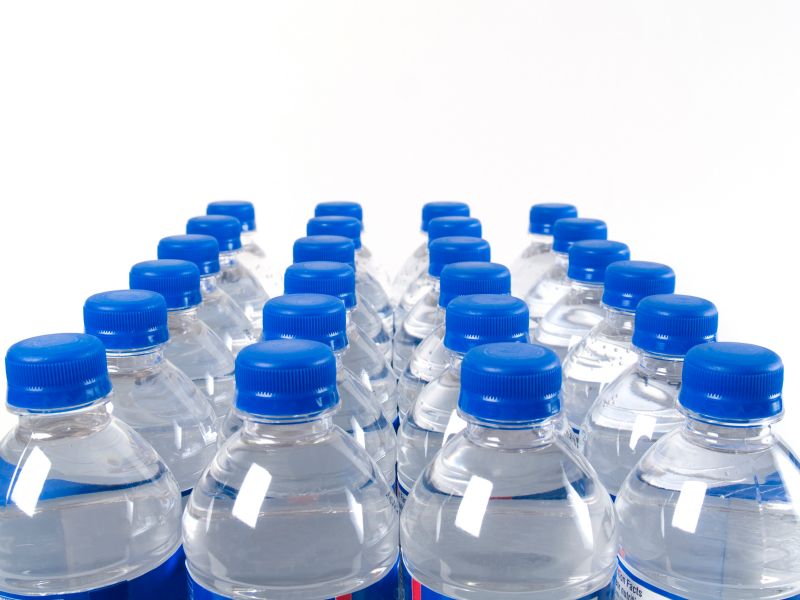San Francisco continues to lead the way in the nation’s environmental policy, with the Board of Supervisors today [Tues/4] voting unanimously to bar the city from buying plastic water bottles and to ban distribution of plastic water bottles smaller than 21 ounces on city property starting Oct. 1. The ban excludes city marathons and other sporting events.
“We all know with climate change, and the importance of combating climate change, San Francisco has been leading the way to fight for our environment,” Board President David Chiu, who authored the legislation, said at the hearing. “That’s why I ask you to support this ordinance to reduce and discourage single-use, single-serving plastic water bottles in San Francisco.”
Chiu held up a water bottle at the board meeting, a quarter of the way full with oil, to illustrate how much oil is used in the production and transport of plastic water bottles. He also reminded San Franciscans that the current fad of buying bottled water only started in the 1990s when the bottled water industry mounted a huge ad campaign that got Americans buying bottled water.
Somehow, Chiu noted, “for centuries, everybody managed to stay hydrated.”
Proponents say they hope the ban will put a dent in the nearly 60 million water bottles Americans use daily and decrease the amount of plastics that take up room in the oceans and landfills.
“We applaud Supervisor Chiu and San Francisco’s leadership in the movement to think outside the bottle,” said Katherine Sawyer, Campaign Organizer of Think Outside the Bottle at Corporate Accountability International, which took part in a taste test event comparing SF tap water to bottled water before the hearing. “By taking this step, San Francisco continues to be a pioneer, paving the way for cities, states, and national parks across the country to follow suit and buck the bottle. Not only does this measure eliminate wasteful spending on such an eco-unfriendly product, but it also opens doors to increased investment in the most essential of municipal services—water.”
The ban will return to the board next week for a final vote, after which it will head to Mayor Ed Lee for his signature.

